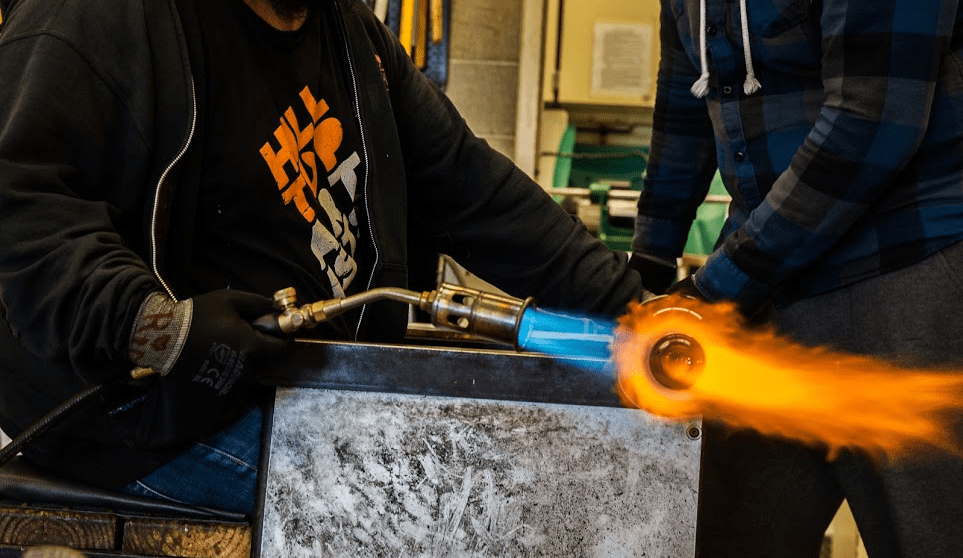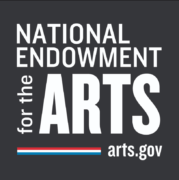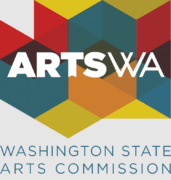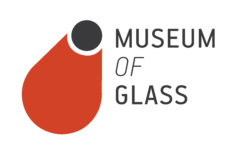An essay by Executive Director Dr. Kimberly Keith
“Arguably…” As an academic, I have a love/hate relationship with the word arguably.
It’s the polite way to say “I have an opinion that I believe is true, but I know that you also have an opinion that you believe is the truth, and our opinions may not be in agreement, so I will leave room for us to argue about it”.
But rarely do we get to argue, or debate, or discuss, our differing opinions. Sometimes it’s because there’s no time or place to do so, and sometimes it’s because our positions are so entrenched there’s no safe time or place to air our grievances. So we continue to hold our diametrically opposed views. We do this as individuals, as cultural and political groups, as nations, as creeds. And we pass our views down from generation to generation, infinitum. Until someone or something forces us to take a stand.
One year ago George Floyd was murdered. He was murdered by a police officer who was supposed to serve and protect him. George Floyd was African American, which was arguably a factor in his death (the sheer number of black people shot by police in the US over the past few years points towards race being a factor, whether we argue about it or not).
The former officer who killed him was Caucasian, and the privilege extended from that condition arguably contributed to Floyd’s murder (Google “white privilege” to learn about the myriad beliefs and behaviors it endorses, then decide whether this point is worth arguing).
The color of our skin can summon a death sentence or provide a license to kill, and this is as true today as it was one year ago… fifty years ago… three hundred years ago… and there is no need to argue this point because the proof is on our nightly news, in our own communities, in our history books, in our country’s founding documents.
Black people were considered 3/5ths of a person in the Constitution of the United States. What we are experiencing today is a direct result of that declaration and the imperial/colonial/capitalist beliefs and practices that preceded and informed it.
Our complex history has brought us to this moment in time.
Systemic racism, social inequality, and economic inequity are real circumstances that must be recognized and fought, although some would argue that those conditions do not exist. These differences in opinion, history, circumstance, and capital continue our arguments from generation to generation, year to year, until they become entrenched, systemic.
George Floyd’s murder was a catalyst, inspiring worldwide examination of the deadly, tragic consequences of systemic oppression. In our own community, this examination hit home. In September 2019, Bennie Branch was shot and killed by a Tacoma police officer. On March 3, 2020, Manuel Ellis was killed by Tacoma police officers. On May 1, 2020, Said Joquin was shot and killed by a Lakewood police officer.
The families and communities of Bennie, Manny, Said, and George all deserve justice and reconciliation.
I’d like to turn to our mission to show which side of history Hilltop Artists is on. Our mission is “using glass art to connect young people from diverse social and economic backgrounds to better futures”. This implies that diversity is a factor in achievement, which is true based on the history of race I’ve offered here.
Hilltop Artists is committed to ensuring that youth who are furthest from advantage can get to their best futures through participation in our programs. We recognize inequity and inequality in the world at large and aim to create balance with the programs we provide. We see a lack of diversity in the arts sector broadly and in the field of glassmaking in particular, and we strive to address this through the students we engage.
On the surface, we look like an arts program that teaches skills and promotes appreciation for the craft of glassblowing, flameworking, and related techniques. But we are actually in the business of breaking down barriers, building up the resilience of individuals, and making the world a better place, one student at a time.
George Floyd could have been a Hilltop Artist. Our job is to make sure that none of our students become the next George Floyd, Bennie Branch, Manny Ellis, or Said Joquin.
We stand in solidarity with all who believe Black Lives Matter, and we send our condolences and support to George Floyd’s family. We invite all of our Hilltop Family to join us in the fight against racism and in the quest to make the world a better place.
Faithfully yours,
Dr. Kimberly F. Keith
Executive Director














